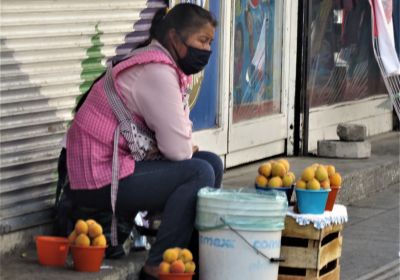
For those with economic or political power, the coronavirus pandemic is nothing more than a carnival of crisis and possibilities, writes Tamara Pearson.

For those with economic or political power, the coronavirus pandemic is nothing more than a carnival of crisis and possibilities, writes Tamara Pearson.
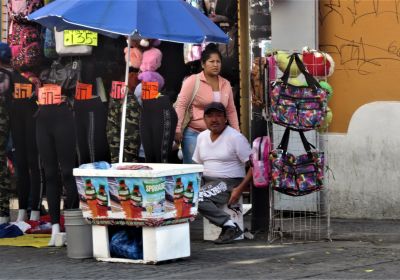
Addressing a global pandemic must involve public health planning that cross borders and confronting global inequality and the climate crisis, writes Tamara Pearson.

Women across Mexico refused to work, shop, do housework or be active on social media and mobilised in their thousands against violence and abuse on March 9, writes Tamara Pearson.
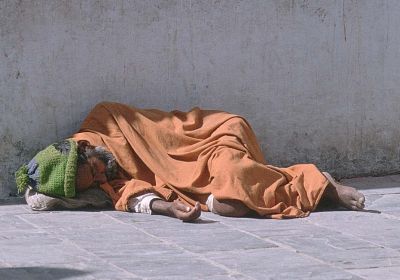
Panic and fomenting fear are well-tried methods of control, distraction and of shifting popular support towards the right, writes Tamara Pearson.
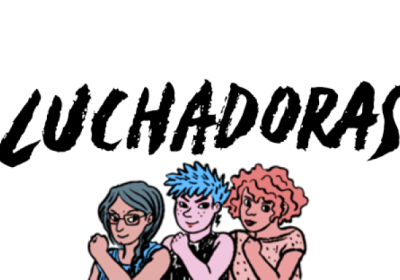
Circulating intimate images — real or fake — over the internet to attack a woman's credibility, shame her or silence her, is one of the various types of online violence against women that the Mexican government will likely formalise as a crime in coming months, writes Tamara Pearson from Puebla.

The United States is continuing to muscle the governments of Mexico, Honduras and Guatemala to stop the flow of refugees across its border. Many migrants are fleeing the consequences of US political intervention and economic policy in the region. They choose to travel in “caravans” for safety. Immigration officers have gone on the offensive against the caravans, writes Tamara Pearson.
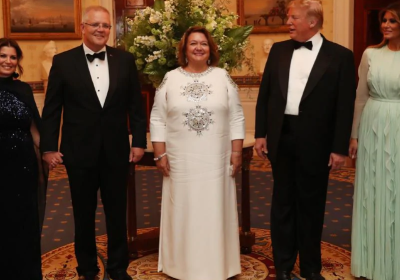
A sophisticated greenwashing industry has emerged over the past few decades to not just mask the environmental destruction of corporations while blaming consumers, but to also present the climate crisis as a neutral and natural disaster, disconnected from a system of inequality. In fact, the climate crisis shows the wrong people are running the world, writes Tamara Pearson.
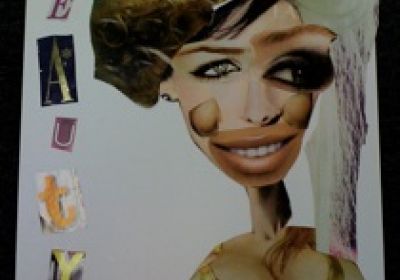
We see and judge women based on the perspective of super rich white men who also tend to own the beauty competitions and the cosmetic companies, writes Tamara Pearson.